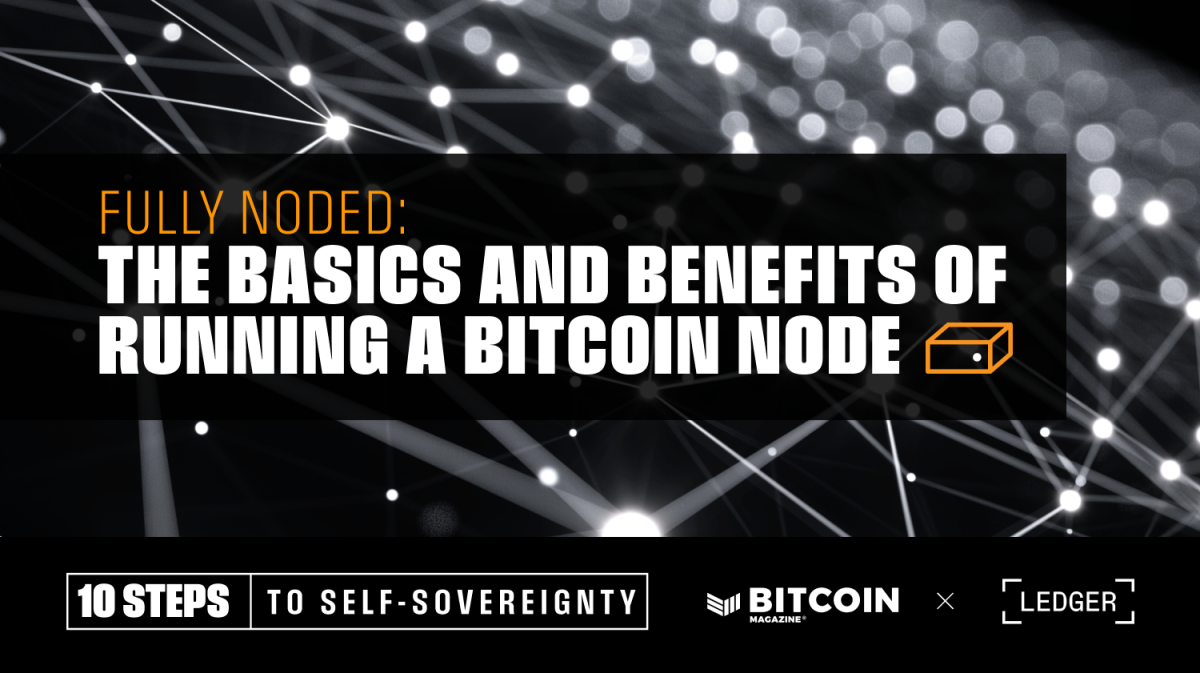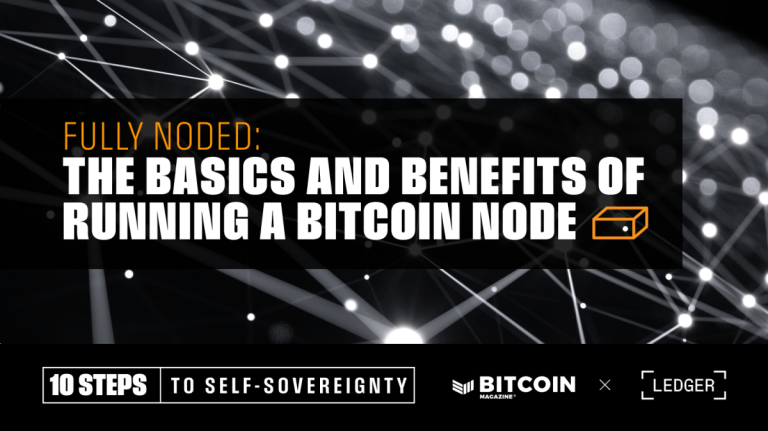
Bitcoin is a decentralized and limited digital currency that can be verified by anyone anywhere in the world. This is the main reason why people are interested in keeping it at all. No one can dilute the supply, no one can counterfeit Bitcoin, it only operates as an independent system that cannot be interfered with. So how do you fully participate in this system to verify everything?
If you think that just using a Bitcoin wallet is enough to do this, I'm sorry to tell you that this actually does not make you a full participant in the Bitcoin network. The wallet simply manages your private keys and helps you formulate and sign your transactions, but it is not actually involved in the full validation of the Bitcoin blockchain.
In order to become a node and validate transactions, you need to run an additional program called a client. This is the software that actually handles the processing and validation of the blocks produced by the miners. The most widely used Bitcoin client is Bitcoin Core.
It is possible to interact with Bitcoin using just a wallet, not running a full node, but there are benefits to using Bitcoin Core yourself.
Check things yourself
When you initiate a transaction and then sign it to send an amount of Bitcoin, the signed transaction goes to the Bitcoin network nodes. These full nodes, some of which are miners, verify transactions and then form a race to create the next block. Miners group transactions together into a block, and when the required proof of work is completed, the block is broadcast to the network
Most people probably don't care about other people's Bitcoin payments, if you're not the sender or recipient of the transaction, why bother? If any transaction in a Bitcoin block is not a valid transaction, the entire block is considered invalid and is rejected by all full nodes running on the network. This means that in order to be absolutely sure that a payment that your wallet shows as confirmed has actually been confirmed, you need to know that every other confirmed transaction in that block is also valid.
Your full node handles all of this automatically. Every time a block is found, your node automatically verifies that each coin spent has not been spent before, that all signatures are valid, and that all other spending conditions such as time locks meet the spending requirements.
When you use a wallet without verifying it with your full node, you are essentially trusting the operator of that wallet to do all that verification for you. Running a full node yourself completely removes this aspect of trust that you place in your wallet provider.
Width ceiling
The limited supply of 21 million Bitcoin is one of, if not one of, these the, the basic characteristics of Bitcoin that people think about when the topic comes up. At the heart of the entire project lies the idea of removing the issuance and control of money from the hands of governments. Satoshi himself specifically discussed the trust factor placed in the government not to reduce the money supply as a fundamental issue with how money works in society.
All the work the full node does to verify your transactions is also the necessary verification to ensure the integrity of the maximum supply of 21 million. Every Bitcoin in circulation on the network right now ultimately comes from the same source, a private transaction in each block called a coinbase transaction. This special transaction allows miners to enter a pre-determined amount of Bitcoin into circulation for each block.
Your node validates each of these coinbase transactions every time a block is found. It does this to ensure that new coins released into circulation do not exceed the limits of a pre-determined maximum supply. Any increase above that must not exceed the transaction fees paid by all transactions in that block. By combining verification that a Coinbase transaction follows these special rules, plus the fact that every other transaction only spends valid coins that have not been spent before, your full node ensures that the maximum supply of 21 million coins is kept intact. .
Keep your Bitcoin private
Another important aspect of why running your own node is important is privacy. Now, before making this point, it is very important to understand that privacy is a very delicate issue when it comes to Bitcoin. When it comes to actually maintaining privacy and actually preventing people you are dealing with, for example sending or receiving money from them, running a node is by no means a universal solution. It's a very important starting point: the necessary foundation for improving your privacy.
When you use a Bitcoin wallet that is not connected to your full node, you have to rely on someone else to process your transactions. To do this, your wallet communicates all the details about your Bitcoin wallet to someone else's node. Most of the time, this involves sending your xpub details, a code that allows someone to read your transaction history and see your unspent coins. For most people, this doesn't pose a threat, but if you want to remain anonymous, it could pose a risk. By running your own full node and connecting your wallet to it, none of this information will be revealed to them.
If you value your privacy when using Bitcoin, connecting your wallet to your own full node is an absolute requirement.
Without using your own node, all the other steps you take to maintain your privacy like joining coins (joining coins is a cooperative transaction you can confidently make with other people to hide their coins going where) is a moot point, your wallet provider can see that your balance Completely.
Why is all this important?
While keeping your private keys is an absolute necessity for interacting with Bitcoin in a sovereign manner, hopefully you can now see that taking the extra steps to fully validate your interactions with your full node has additional benefits.
Without running your own full node, you trust the wallet provider to verify the confirmation of your transactions. It is possible that this operator is scamming you. They can tell you that you received coins that do not actually exist. They may try to scam you by saying that the coins you received never arrived. You trust them to check your balance on your behalf, or a third-party block explorer that recognizes your IP address. A full node can remove that trust.
Trusting someone else to verify your transactions for you similarly outsources verification of the total supply of Bitcoin to the collective group of users who already verify things themselves. By running your own node, you can check for yourself with absolute certainty that the maximum supply has remained the same.
Finally, keeping your funds private is not something that can be meaningfully achieved without running your own node. If you use tools like Coinjoins to hide your on-chain transaction history, that activity will be undermined by using someone else's node to verify your balances. Only by running your own node can you close this huge privacy gap in your use of Bitcoin.
Keeping your private keys is a crucial first step on your path to Bitcoin, but by not taking this next step, you are making some compromises in your interaction with the network. Once your keys are securely secured, it is extremely important that you take this next step.
Here are some wallets and tools to help you in this process:
Bitcoin Core
Ledger satstack
With his whole head
Bird wallet
Ghost wallet
Start9
fort
Ronin dojo

